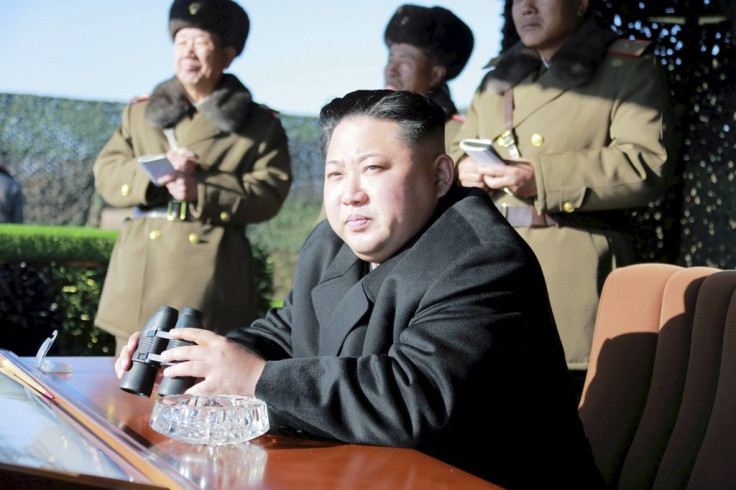YouTube Censorship 2016: North Korea Channel KCTV Blocked For Violating Community Guidelines

YouTube has taken down North Korea’s state television channel citing U.S. sanctions on the country, according to reports Wednesday. The ban on Korean Central Television is likely to be a setback for researchers who used the channel to understand the workings of the reclusive nation.
The channel was apparently pulled down last month because of fears that it could earn money from YouTube via advertising, the Washington Post reported. Google, YouTube’s parent company, did not comment on the move.
“We don’t comment on individual videos or channels but we do disable accounts that violate our terms of service or community guidelines, and when we are required by law to do so,” Taj Meadows, head of communications in Asia for Google, told the Post.
The sanctions were imposed after U.S. Treasury officials designated North Korea’s Propaganda and Agitation Department as engaging in censorship. The move bars any American company or individual from doing business with the department.
It's unclear whether Pyongyang earned money through YouTube’s advertising program.
According to a message on the Korean Central Television channel’s YouTube page: “This account has been terminated for violating YouTube’s Community Guidelines.”
The ban, however, has disappointed analysts.
“While it [the channel] provided daily news shows on events the regime wanted shown countrywide, it also helped give context to structures I would normally only see via satellite image,” David Schmerler, a researcher at the James Martin Center for Nonproliferation Studies in Monterey, California, told the Post, adding that it also let researchers collect pictures from North Korea and other information giving them some insight into one of the world’s most isolated countries.
“This led to a better understanding of an event, even if the North Koreans tried to hide or spin a particular event as being a success when it may not have been,” he said.
© Copyright IBTimes 2024. All rights reserved.






















